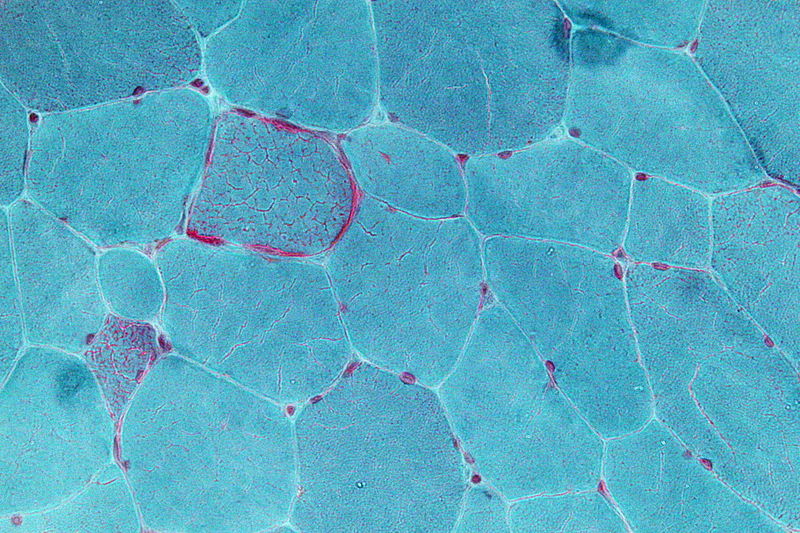
Edison Pharmaceuticals has started a Phase II trial designed to evaluate the safety and efficacy of EPI-743 (Vincerinone) in children with Pearson syndrome, an ultra-rare, fatal mitochondrial disease characterised by sideroblastic anemia, pancytopenia and pancreatic dysfunction.
A member of the para, EPI – 743 benzoquinone class of drugs, is an orally bioavailable small molecule being developed for treatment of children and adults with inherited mitochondrial diseases.

Discover B2B Marketing That Performs
Combine business intelligence and editorial excellence to reach engaged professionals across 36 leading media platforms.
The single arm design of the subject-controlled trial is being conducted at multiple sites worldwide, lasting 12 months and subjects will be given EPI-743.
Its primary endpoint is the incidence of episodes of sepsis, metabolic crisis, and hepatic failure, while secondary endpoints include transfusion avoidance and other disease-relevant endocrine and neurological outcome assessments.
The investigative new drug (IND) application was approved by the US Food and Drug Administration, Office of Hematology and Oncology Products.
Edison Pharmaceuticals chief medical officer Mathew Klein said Pearson syndrome is a very rare mitochondrial disease with a devastating clinical outcome.

US Tariffs are shifting - will you react or anticipate?
Don’t let policy changes catch you off guard. Stay proactive with real-time data and expert analysis.
By GlobalData"We are working with our clinical investigator team worldwide to accelerate enrolment in this trial and to systematically explore whether EPI-743 can offer benefit for this patient population," Klein said.
Pearson syndrome has an estimated prevalence of less than 1:1,000,000 and it is typically diagnosed in infancy, though it can be diagnosed in neonates.
The disease results from a mitochondrial deletion, spanning a range of mitochondrial genes.
There is no treatment for Pearson syndrome and most patients die in infancy or early childhood secondary to metabolic disorders or infections.
Edison Pharmaceuticals said that a subset of patients survive past age three and develop a neurological syndrome- resembling Kearn-Sayre syndrome- characterised by ophthalmologic and neuromuscular impairments.
Separately, the company has received fast-track status from the US Food and Drug Administration (FDA) for EPI-743 to treat patients with Friedreich’s ataxia.
The FDA previously granted orphan status to EPI-743 for treatment of inherited respiratory chain diseases, as well as for Friedreich’s ataxia.
The company is currently conducting a number of Phase IIa and IIb trials in various mitochondrial disease indications.
Image: Pearson syndrome is a mitochondrial disease characterised by sideroblastic anemia and exocrine pancreas dysfunction. Photo: courtesy of Nephron.





